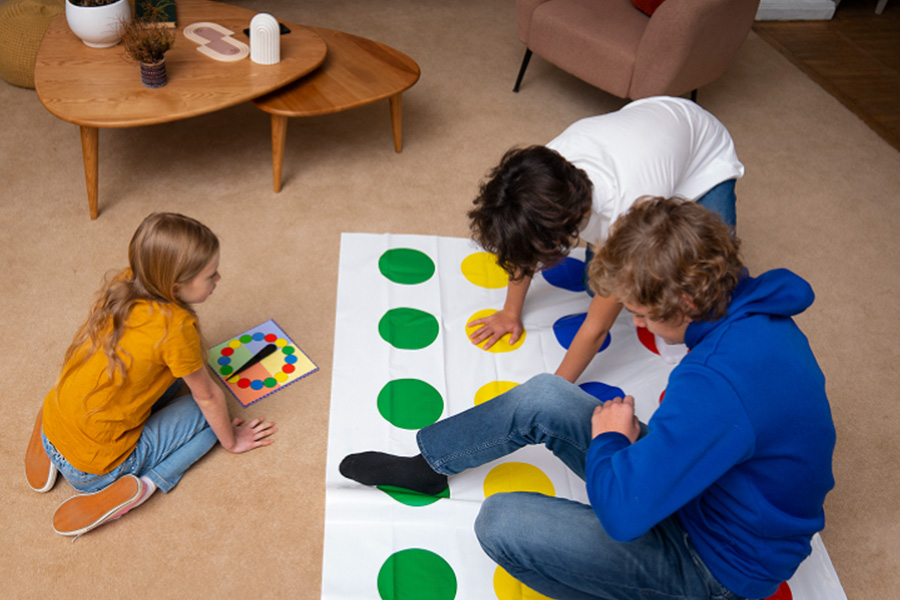When a child shows signs of developmental delays, many parents wonder when the right time is to seek support. In Singapore, awareness about early support services has grown significantly over the years, with more families considering professional help for their children at younger ages. One of the most common starting points is play therapy in Singapore, which uses structured play activities to encourage communication, social skills, and emotional growth. But the pressing question remains: what is the best age to begin early intervention?
Understanding Early Intervention
Early intervention refers to specialised programmes and therapies designed to support children who may face developmental challenges in areas such as speech, motor skills, behaviour, or social interaction. The idea is that the earlier a child receives support, the better the long-term outcomes in school and daily life. Developmental milestones vary for each child, but consistent delays can signal the need for professional assessment. Research shows that the brain is highly adaptable in the early years, making this a critical window of opportunity to strengthen essential skills.
Why Timing Matters
Timing plays a major role in the effectiveness of early intervention. Starting too late may mean missing the period when children’s brains are most flexible and able to form new connections. On the other hand, starting as soon as delays are identified can lead to measurable progress in communication, learning, and behaviour. For instance, a child with speech delays who begins therapy at three years old has a greater chance of catching up with peers than one who only begins at age six.
Ideal Age Range For Early Intervention
While there is no universal cut-off, experts recommend beginning as early as possible, often between 18 months and three years of age. This is typically when developmental concerns become clearer to parents and educators. At this age, children are just starting to develop language, social interaction, and fine motor skills, making it an opportune time to address difficulties. Programmes at an early intervention centre are usually designed to adapt to different stages, whether a child is a toddler or approaching preschool age.
Benefits Of an Early Start
Starting intervention early not only boosts a child’s chances of progress but also supports the family in understanding how to create a nurturing environment at home. Parents often learn techniques they can use daily, reinforcing the skills a child gains during therapy sessions. Moreover, children who receive support earlier tend to adjust better to school environments, as they are better equipped socially and academically.
Factors To Consider Before Starting
Although earlier is generally better, several factors influence the timing of intervention. These include the type of developmental delay, the availability of professional services, and the readiness of the family to participate in structured programmes. Some children may need more intensive therapy, while others benefit from less frequent sessions. Importantly, professional assessment is key, as only trained specialists can recommend whether therapy is necessary and what form it should take.
Support Systems For Parents
Parents often face uncertainty when considering intervention for their child. Community networks, schools, and healthcare providers in Singapore provide guidance and reassurance. Support groups can also connect parents who share similar experiences, offering both emotional support and practical advice. With greater awareness, families today are more likely to seek professional help earlier rather than adopting a wait-and-see approach.
Preparing For The Future
Ultimately, the best age to begin intervention depends on when developmental concerns become apparent. Acting promptly ensures that children receive the right help during their most critical years of growth. Whether it is through speech therapy, occupational therapy, or structured play-based programmes, starting early provides a stronger foundation for the future. Parents who enrol their children in an early intervention centre before primary school often report smoother transitions and improved confidence in their child’s abilities.
Conclusion
The best age to begin early intervention is as soon as developmental delays are recognised, ideally before the age of three. Early support allows children to develop essential skills and helps families provide a supportive environment at home. Programmes such as play therapy in Singapore are designed to harness the natural ways children learn and grow, giving them the best chance to thrive. If you suspect your child may need additional support, reach out to FunFeats today to explore the right options for your family.



